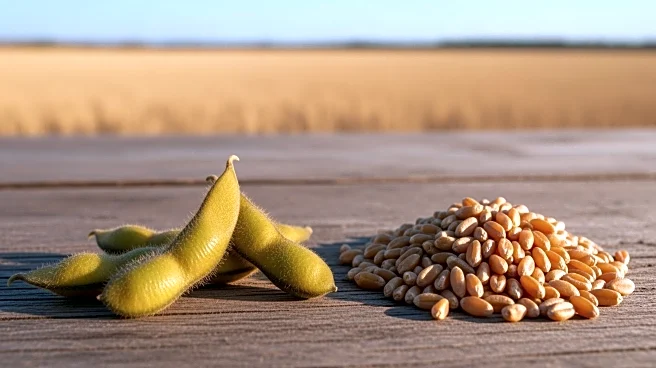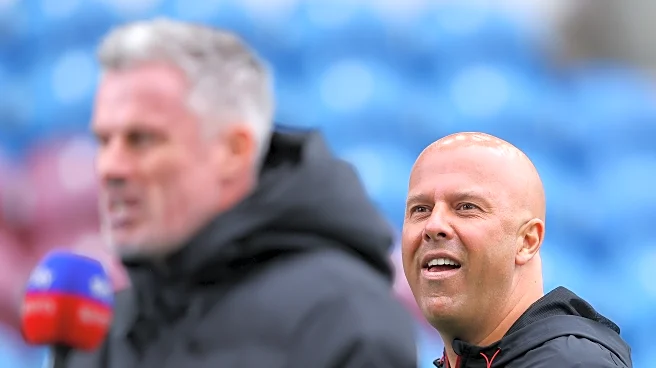What's Happening?
The Trump administration has released the Make America Healthy Again (MAHA) plan, outlining 128 ideas to improve children's health. Health Secretary Robert F. Kennedy Jr. described chronic disease in children as an existential crisis, highlighting poor diet, chemical exposure, lack of physical activity, and chronic stress as key drivers. Despite identifying these issues, the plan lacks detailed actions to address them, drawing mixed reactions from public health experts. Critics point out contradictions with recent policy moves, such as cuts to food assistance and changes in vaccine policy.
Why It's Important?
The MAHA plan's broad strategy aims to tackle rising chronic diseases among children, a critical public health issue. However, the lack of specific actions raises concerns about its effectiveness. The plan's focus on diet and physical activity is crucial, but its alignment with other Trump administration policies, such as funding cuts, may undermine its goals. Public health stakeholders, including researchers and advocates, express skepticism about the plan's ability to drive meaningful change.
What's Next?
The MAHA plan calls for new research into nutrition and chronic disease prevention, as well as the development of a standard definition of ultra-processed foods. The government plans to remove restrictions on whole milk sales in schools and limit unhealthy purchases with SNAP benefits. The strategy includes promoting physical activity and addressing screen time, but its execution may face challenges due to conflicting policy directions.
Beyond the Headlines
The plan's approach to chemical exposure and vaccine policy raises ethical and public health concerns. The lack of pressure on pesticide regulation and the call for a new vaccine framework may impact children's health and safety. The plan's emphasis on 'medical freedom' could influence vaccination choices, potentially affecting community immunity and public health outcomes.










